
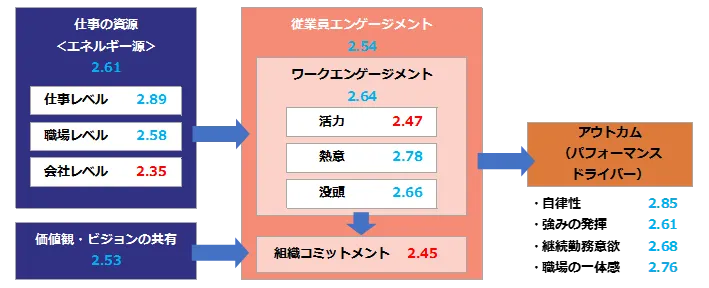
The State of Employee Engagement in Japan: Insights from the 3rd National Survey
The State of Employee Engagement in Japan
Overview of the Survey
The 3rd National Engagement Survey, developed by Agile HR and Intage, in collaboration with the University of Tokyo, presents the compelling findings of employee engagement in Japan. This report sheds light on the current state of engagement and identifies the factors that contribute to its lower scores compared to global standards.
Objectives of the Survey
Conducted with three specific goals in mind, the survey aimed to:
1. Analyze the factors contributing to Japan's low employee engagement, which has been reported globally.
2. Compare the changes in employee engagement between the previous and current years.
3. Examine the relationship between employee engagement and initiatives such as talent investment, digital transformation (DX), remote work, and reskilling.
Click here to download the detailed report.
Reasons Behind Low Employee Engagement in Japan
Low Affection and Commitment to Companies
Employee engagement encompasses two main psychological states:
- - Work Engagement: A positive psychological state derived from work.
- - Organizational Commitment: The sense of belonging and attachment to the company.
Using a four-point scale, the average scores from the survey were as follows:
- - Employee Engagement: 2.54
- - Work Engagement: 2.64
- - Organizational Commitment: 2.45
While work engagement exceeds the midpoint, organizational commitment falls short, indicating it significantly impacts the overall employee engagement score negatively.
Lack of Vitality from Work
Work engagement consists of three elements: vitality, enthusiasm, and absorption. The scores were:
- - Work Engagement: 2.64
- - Vitality: 2.47
- - Enthusiasm: 2.78
- - Absorption: 2.66
The lower vitality indicates a lack of energy and resilience among employees, further detrimentally affecting work engagement.
Issues with Workplace Management
The survey measures various factors influencing employee engagement, including work resources and shared values/visions. The scores revealed:
- - Work Resources: 2.61
- - Job Level: 2.89
- - Workplace Level: 2.58
- - Company Level: 2.35
- - Shared Values: 2.53
The low company-level score implies issues in workplace management, particularly among supervisors and management practices.
Insufficient Feedback and Learning Opportunities
Key findings highlighted a lack of sufficient feedback and learning opportunities:
- - High Scores: Clarity of role and significance of work are well understood by employees.
- - Low Scores: Fair personnel evaluations and career advancement opportunities are markedly lacking, undermining motivation and growth.
Generational Trends: Declining Commitment in Ages 30s to 50s
The survey indicated a significant drop in organizational commitment for employees in their 30s, continuing into their 50s, which is a key contributor to the national average employee engagement score’s decline.
Managerial Level and Employment Type Disparities
Differences in employee engagement were noted between managerial and non-managerial staff, showing a disparity in how engagement is perceived and experienced. Moreover, dispatch workers exhibited particularly low organizational commitment.
Industry Discrepancies
Engagement levels varied significantly across industries, with the education sector showing the highest work engagement, while the manufacturing sector lagged with the lowest.
Company Size: The 50-Person Barrier
Interestingly, companies with fewer than 50 employees reported higher engagement scores. However, sizes between 50-99 showed a marked decline, hinting at the challenges faced in managerial capacity as company size increases.
Yearly Changes in Employee Engagement
Decline in Engagement Scores
This year, the engagement score slightly dipped compared to recent years. Factors contributing to this include:
- - Work Resources: Decreased from 2.65 to 2.61,
- - Company Level Resources: Dropped significantly from 2.41 to 2.35.
Prominent Decline in Commitment Among Ages 30-39
The findings revealed a notable decline in commitment among 30-39-year-olds, possibly due to job pressures and personal life events leading to anxiety.
Relationship with Talent Investments, DX, Remote Work, and Reskilling
Positive Impact of Talent Investment
Companies that actively engage in talent investments reportedly have higher levels of employee engagement.
Benefits of Digital Transformation
Firms that effectively incorporate digital technologies report a better engagement score among employees.
Low Engagement in Full On-Site Work
Surprisingly, employees who worked full-time on-site showed the lowest engagement scores, suggesting that hybrid working conditions could be more effective.
Reskilling Initiatives
Higher work engagement levels correlate with a greater willingness to reskill, indicating that engagement strategies are vital for effective reskilling initiatives.
For further insights, download the complete national survey report here.
About the Author
Keiji Matsuoka, CEO of Agile HR, has extensive experience in human resource consulting and has published several influential works on management, including "1-on-1 Management" and "No More Personnel Evaluations."
About Agile HR
Agile HR is dedicated to revolutionizing performance management and career management in the modern workplace, offering services such as the A&I Engagement Standard Survey, career development training, and organizational consulting.
About A&I Engagement Standard Survey
This innovative engagement survey provides scientifically supported and statistically relevant insights into employee engagement and its contributing factors, facilitating action plan formulation post-survey.
For inquiries, reach out to Agile HR at:
- - Location: 5-4-6-503 Minami Aoyama, Minato-ku, Tokyo, Japan 107-0062
- - Phone: 03-6452-6115
- - Website
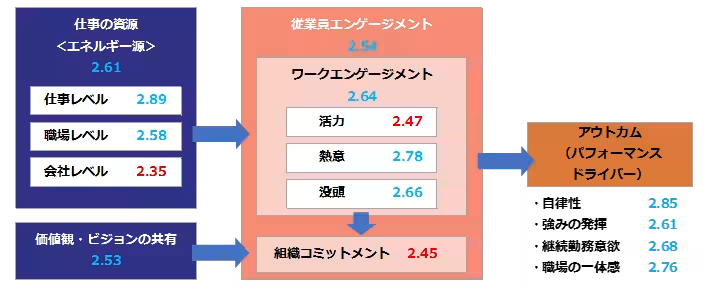
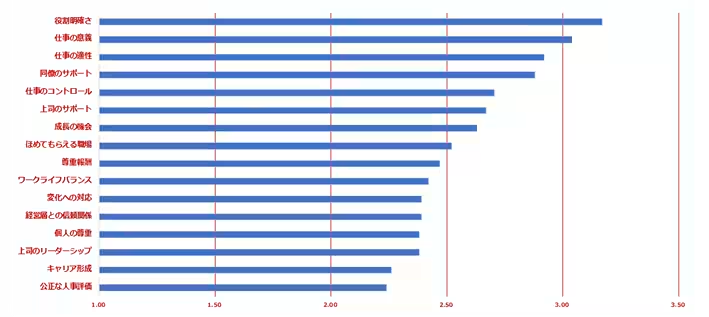
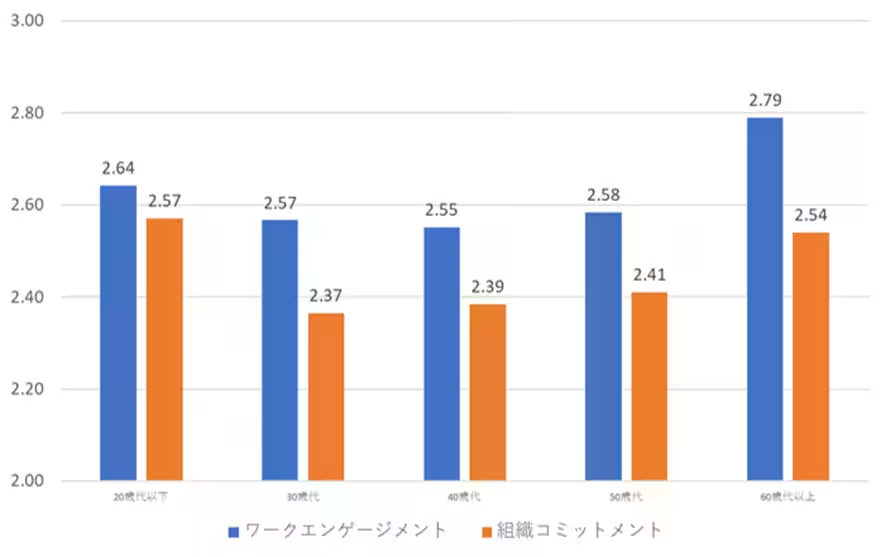
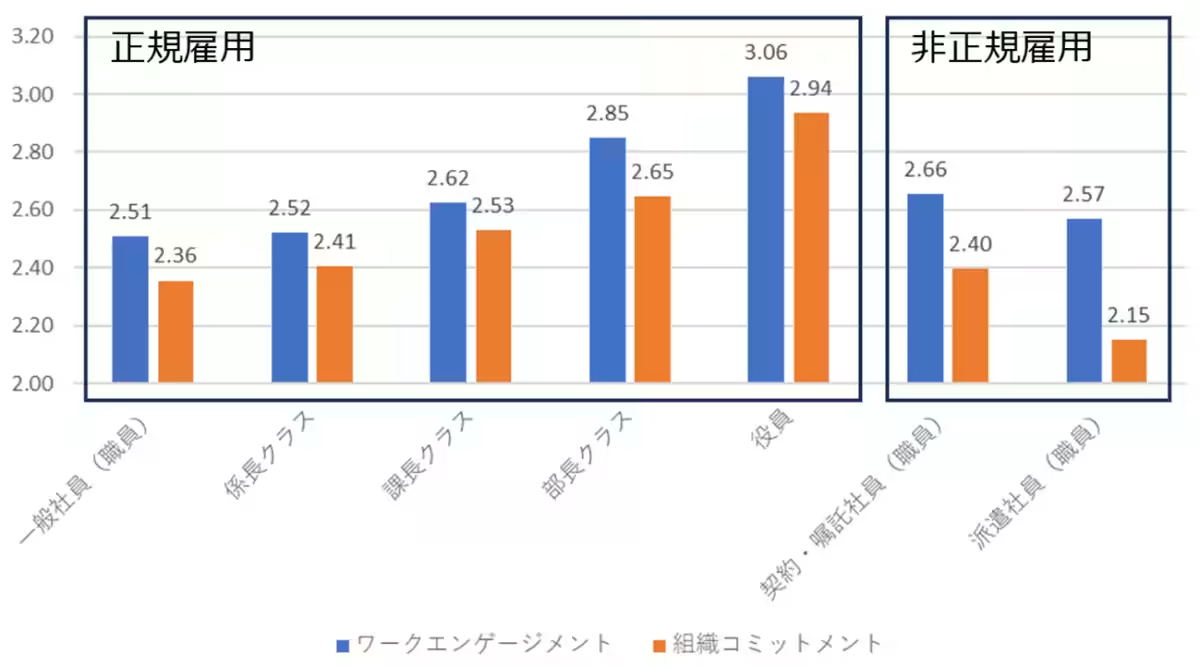
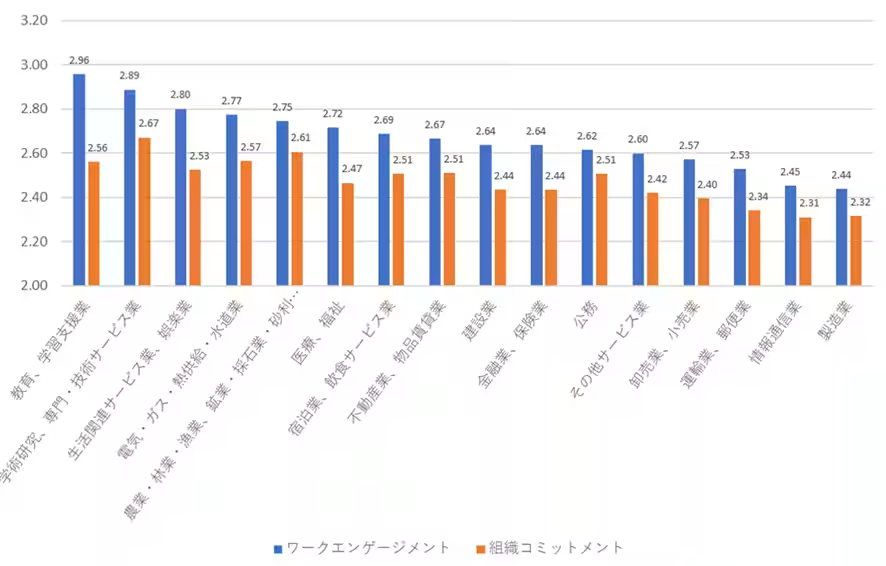
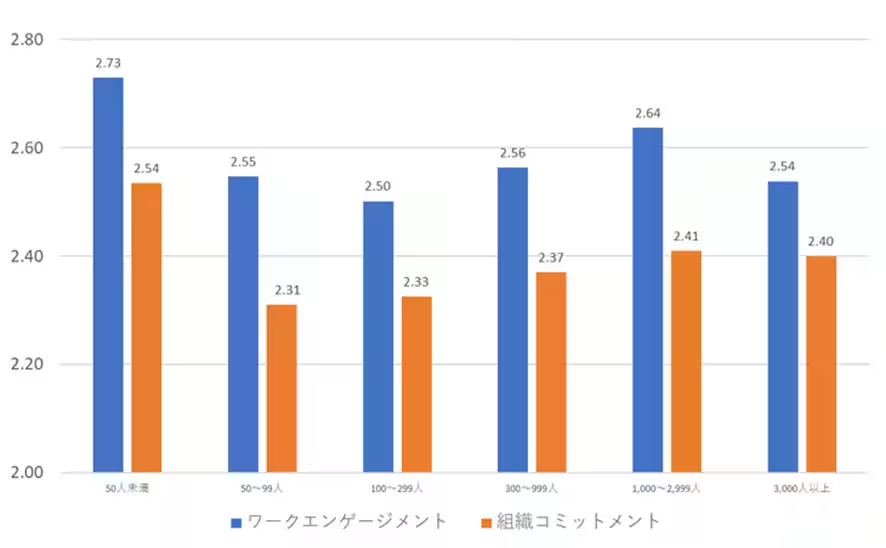
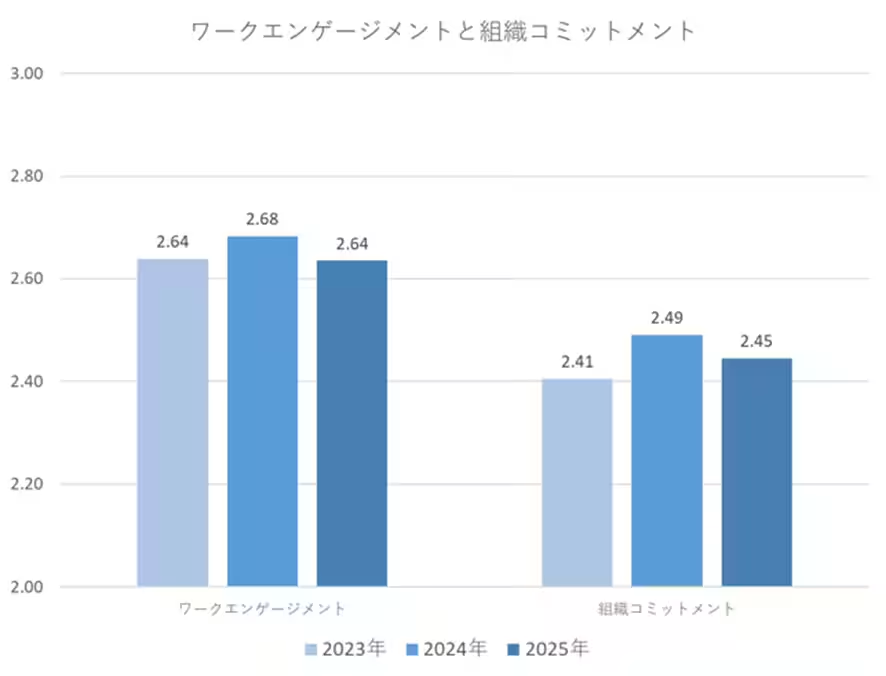
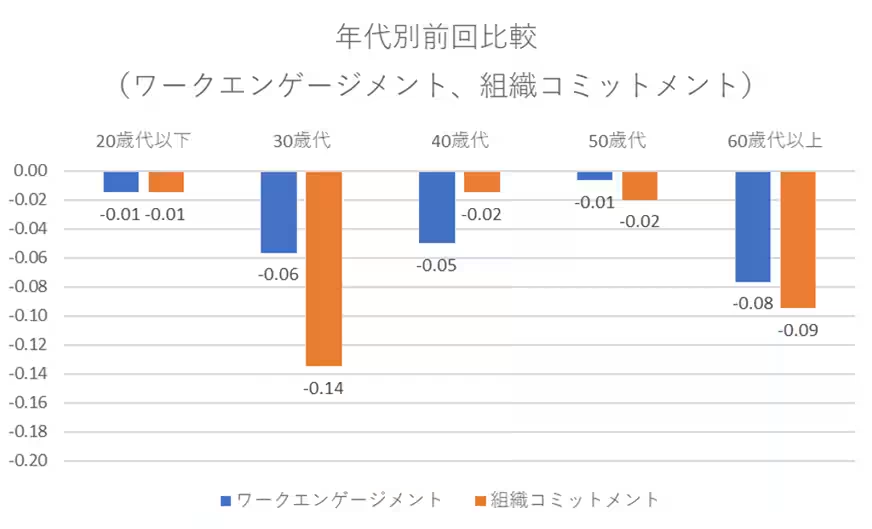
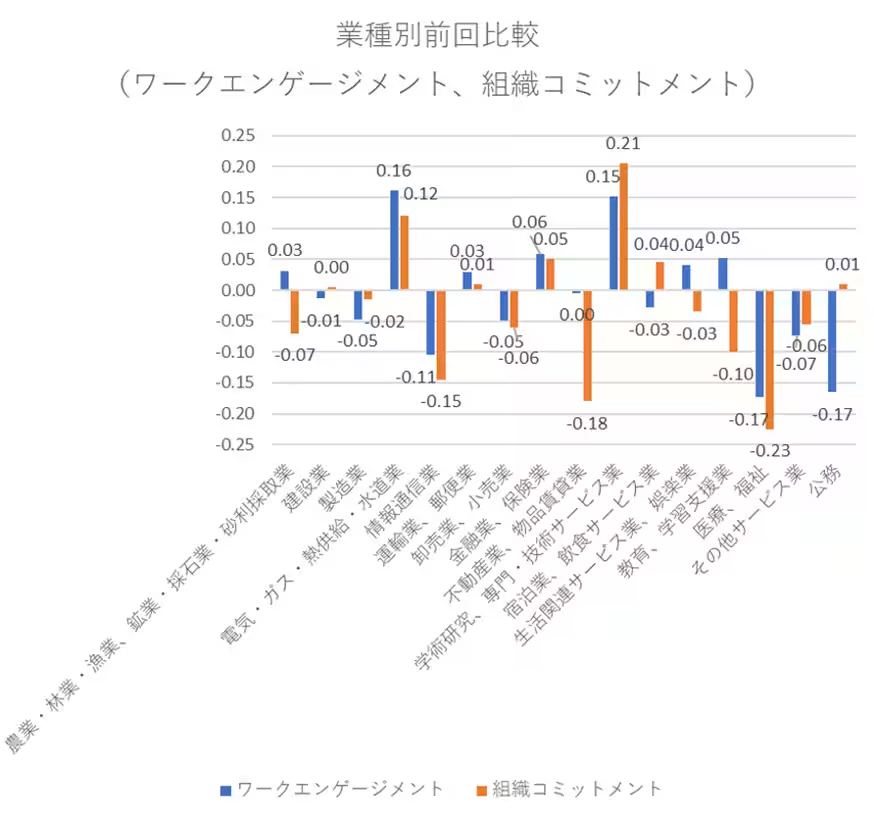
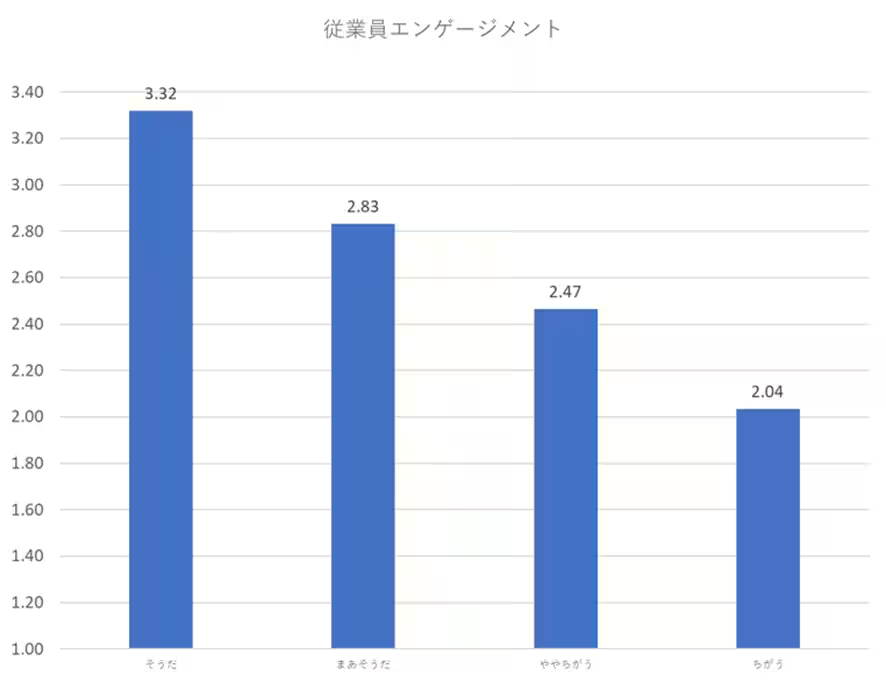
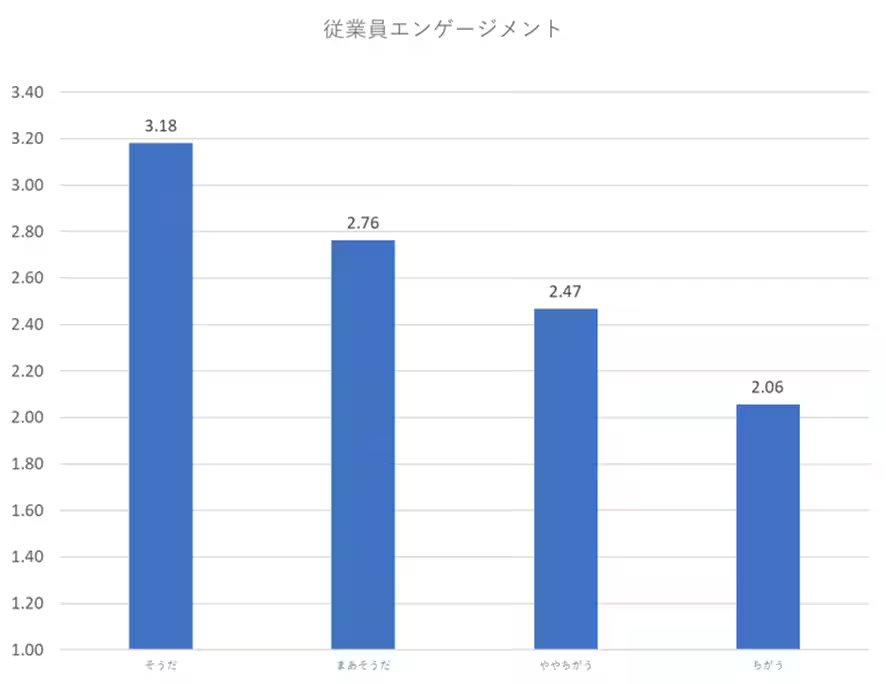
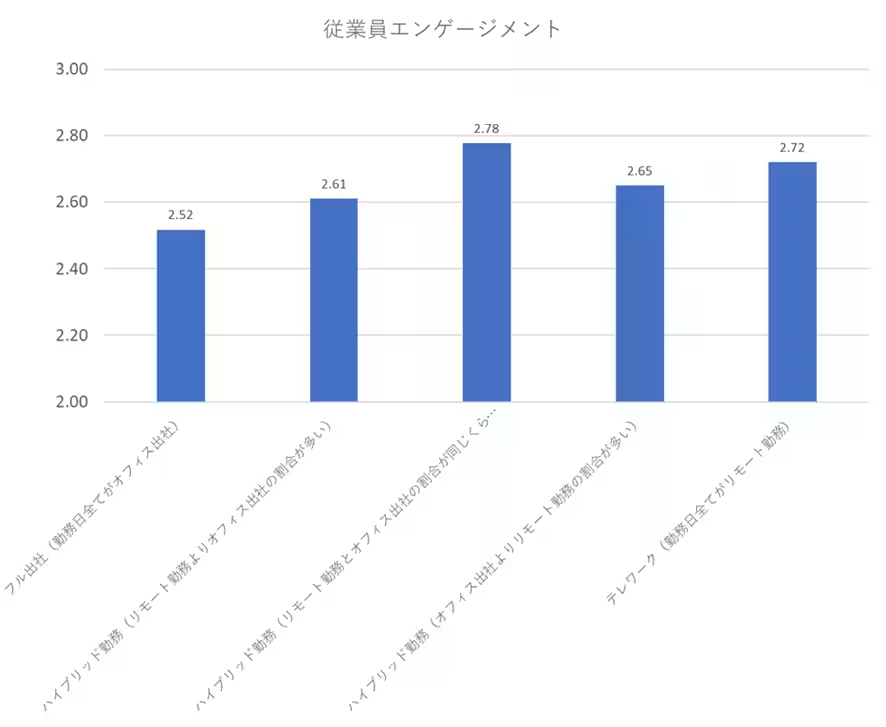
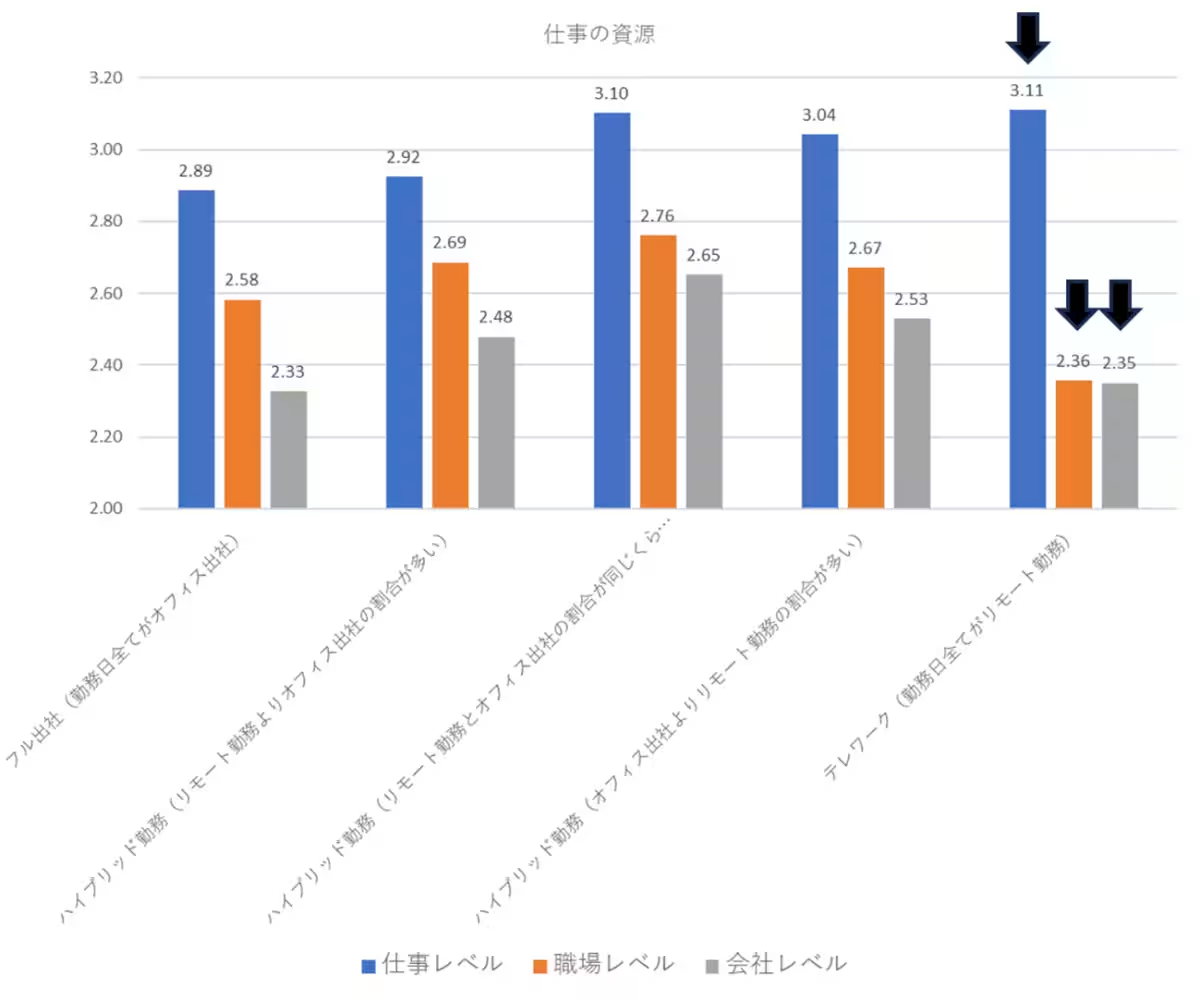

Topics People & Culture)










【About Using Articles】
You can freely use the title and article content by linking to the page where the article is posted.
※ Images cannot be used.
【About Links】
Links are free to use.